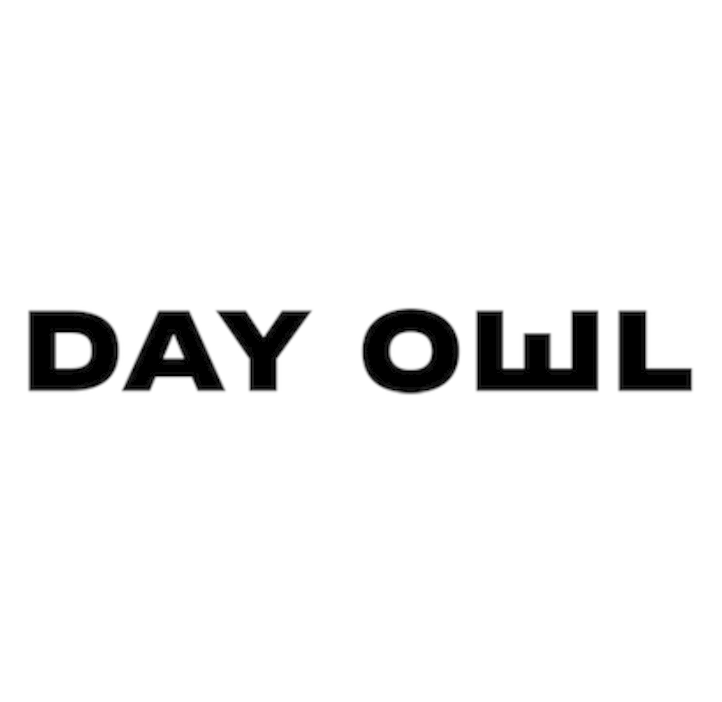


Day Owl is a company based in the United States found in 2020. By cooperating with its sister companies, Day Owl uses recycled plastic from landfills and oceans to make backpacks. It also recycles old backpacks from consumers and makes new ones.
The Challenges
In 2016, 242 million tonnes of plastic waste were produced globally, constituting 12% of all municipal waste produced (World Bank, n.d.). Ironically, consumers in developed countries are not responsible to process the enormous amount of plastic waste they produced. It is estimated that in 2017, Europe exported one-sixth of its plastic waste mainly to Asia (The Economist, 2018). The plastic waste transported to developing countries for processing is likely to end up in landfills and oceans. This can cause long-term environmental problems and health problems in the people, especially when it is incinerated. Burning plastic waste can produce air pollutants and toxic chemicals that not only pollute the air and water nearby but can also cause various diseases like lung and heart diseases and cancer (Rosenberg, Singla & Hoover, 2021).
The Solution
Day Owl strives to establish a fully circular industry to recycle and reuse materials over and over again to make new products. The company works with its sister company First Mile to collect waste plastic from developing areas, including Honduras and Haiti, by employing waste collectors to collect it from landfills and oceans. Then, Day Owl turns the waste plastic into plastic fibres and employs people there to weave the fibres into pieces of fabric to make backpacks. Apart from collecting waste plastic, it gives trade-in offers to people to send in old bags or backpacks, so that they can be recycled to produce new ones. Day Owl also provides lifelong repairs and upgrade offers to minimize the waste produced. The company also orders its stock in large batches and requires its suppliers not to insert cushioning materials in the stock, as these are difficult to recycle or reuse.
The Impact
The type of fabrics used by Day Owl to make backpacks is a waxed canvas they developed that is highly durable and weather resistant. This allows the backpacks to be used and kept for a long time. Day Owl also takes into consideration the environmental impact brought by its products compared with cotton bags of similar types. A single Day Owl bag upcycles 25 plastic bottles and saves 700 gallons of water, which includes those used in growing cotton and dying the fabrics (Mission Brand Alliance, 2020). The idea and effort of Day Owl is recognized by the community. Day Owl is part of the 30-member Mission Brand Alliance, which aims to promote environmental and social justice globally. Day Owl is also a certified B corporation because of its effort in ensuring traceability of raw materials and creating a circular economy.
Reference
Mission Brand Alliance. (2020). Day Owl. Retrieved at: https://missionbrandalliance.com/day-owl/.
Rosenberg, D., Singla, V., & Hoover, D. (2021, July 19). Burned: Why waste incineration is harmful. National Resources Defense Council. Retrieved at: https://www.nrdc.org/experts/daniel-rosenberg/burned-why-waste-incineration-harmful.
The Economist. (2018, March 3). The known unknowns of plastic pollution. Retrieved at: https://www.economist.com/international/2018/03/03/the-known-unknowns-of-plastic-pollution.
World Bank. (n.d.). Tackling Increasing Plastic Waste. Retrieved at: https://datatopics.worldbank.org/what-a-waste/tackling_increasing_plastic_waste.html.